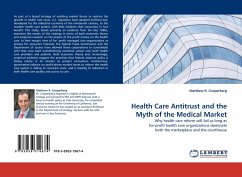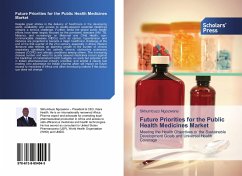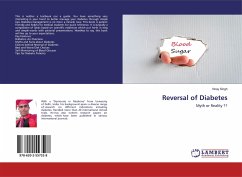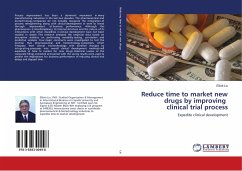
Health Care Antitrust and the Myth of the Medical Market
Why health care reform will fail as long as for-profit health care organizations dominate both the marketplace and the courthouse
Versandkostenfrei!
Versandfertig in 6-10 Tagen
32,99 €
inkl. MwSt.

PAYBACK Punkte
16 °P sammeln!
As part of a broad strategy of enlisting market forces to restrain the growth in health care costs, U.S. regulators have adapted antitrust law, developed for the industrial economy of the nineteenth century, to the modern health care system, with little evidence that consumers in fact benefit. This study, based primarily on evidence from the late 1990s, examines the results of this strategy in terms of both economic theory and empirical research on the impact of the profit motive on the health care. In their myopic view of for- profit managed care organizations as proxies for consumer interest...
As part of a broad strategy of enlisting market forces to restrain the growth in health care costs, U.S. regulators have adapted antitrust law, developed for the industrial economy of the nineteenth century, to the modern health care system, with little evidence that consumers in fact benefit. This study, based primarily on evidence from the late 1990s, examines the results of this strategy in terms of both economic theory and empirical research on the impact of the profit motive on the health care. In their myopic view of for- profit managed care organizations as proxies for consumer interests, the Federal Trade Commission and the Department of Justice have allowed these corporations to consolidate until they now exert overwhelming economic power over both health care providers and patients. Both economic theory and, increasingly, empirical evidence support the assertion that Federal antitrust policy is failing utterly in its mission to protect consumers. Furthermore, governmentreliance on profit-driven market forces to reform the health care system is failing to constrain costs, and is leading to reduction in both health care quality and access to care.












